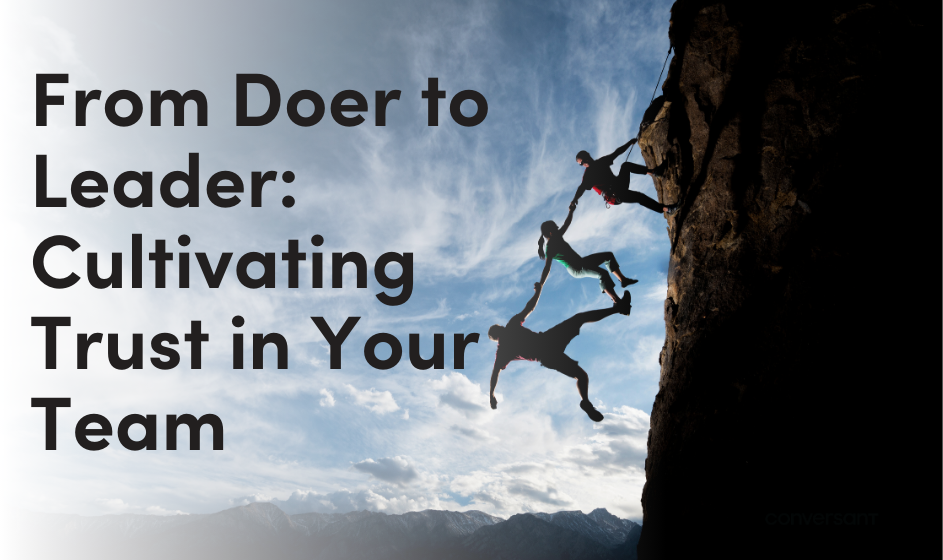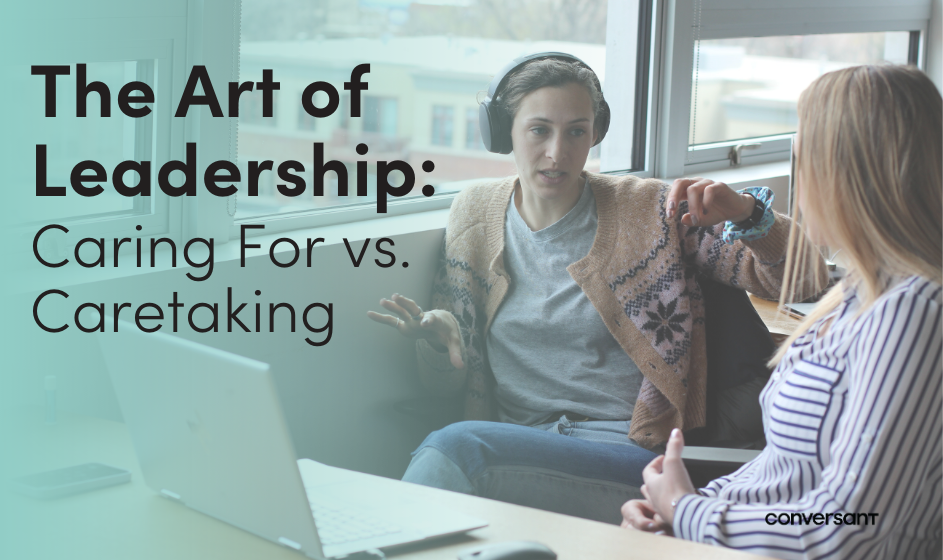How can leaders in any organization support mental and emotional health? While most leaders are not mental health experts, they can become skillful and accountable for social health. While mental health experts are great at diagnosing and reacting to breakdowns, leaders great at social health proactively create conditions in which breakdowns are less likely.
Social health arises from satisfying, productive and resilient personal relationships. Leaders who sponsor networks of those healthy relationships create conditions in which people flourish and prevent conditions that can lead to mental and emotional breakdowns.
- Satisfying relationships feature experiences of inclusion and belonging. People experience being in a community of people up to something together and looking out for one another along the way. Leaders who are purpose-driven and value differences sponsor trusting, satisfying communities.
- Productive relationships feature making contributions that matter to the community to which I belong. Leaders who help people make contributions and appreciate them when they do not only produce results, they produce social health.
- Resilient relationships help people adapt well to change, stress and disappointment. Leaders who have developed emotional agility and great debriefing skills can help others turn any experience into valuable, empowering lessons
Anything that creates disconnection and isolation is dangerous to social health. Unconscious bias, lack of empathy, poor communication, and emotional irresponsibility all create disconnections that damage a network of relationships. The damage can be preempted when leaders develop awareness and skill in essential areas.
- Presence: awareness without prejudice. There are mental, emotional, and physical techniques that strengthen mindful presence and have us notice what others fail to notice.
- Empathy: the ability to experience the purposes, concerns, and circumstances of others. There are practices that strengthen empathy and, in turn, emotional trust.
- Purpose: the mutual resolve of a community. Leaders can develop skills that clarify the purpose behind action and improve productivity, engagement and belonging.
- Authenticity: sponsoring truthful, reciprocal conversation. When leaders learn the art and science of unedited, open dialogue they free others to say what is on their mind, which is crucial to social well-being.
Some people are naturally gifted at some, or all, of these four essentials. When we appreciate those people, they can become leaders helping develop the rest of us. The field of play for that development is the conversations we are in every day. Discover and shine light on those always-available moments where social health can be hurt or helped. We can work together to weave proven practices into those moments, strengthening the social health that contributes to every one of us.




